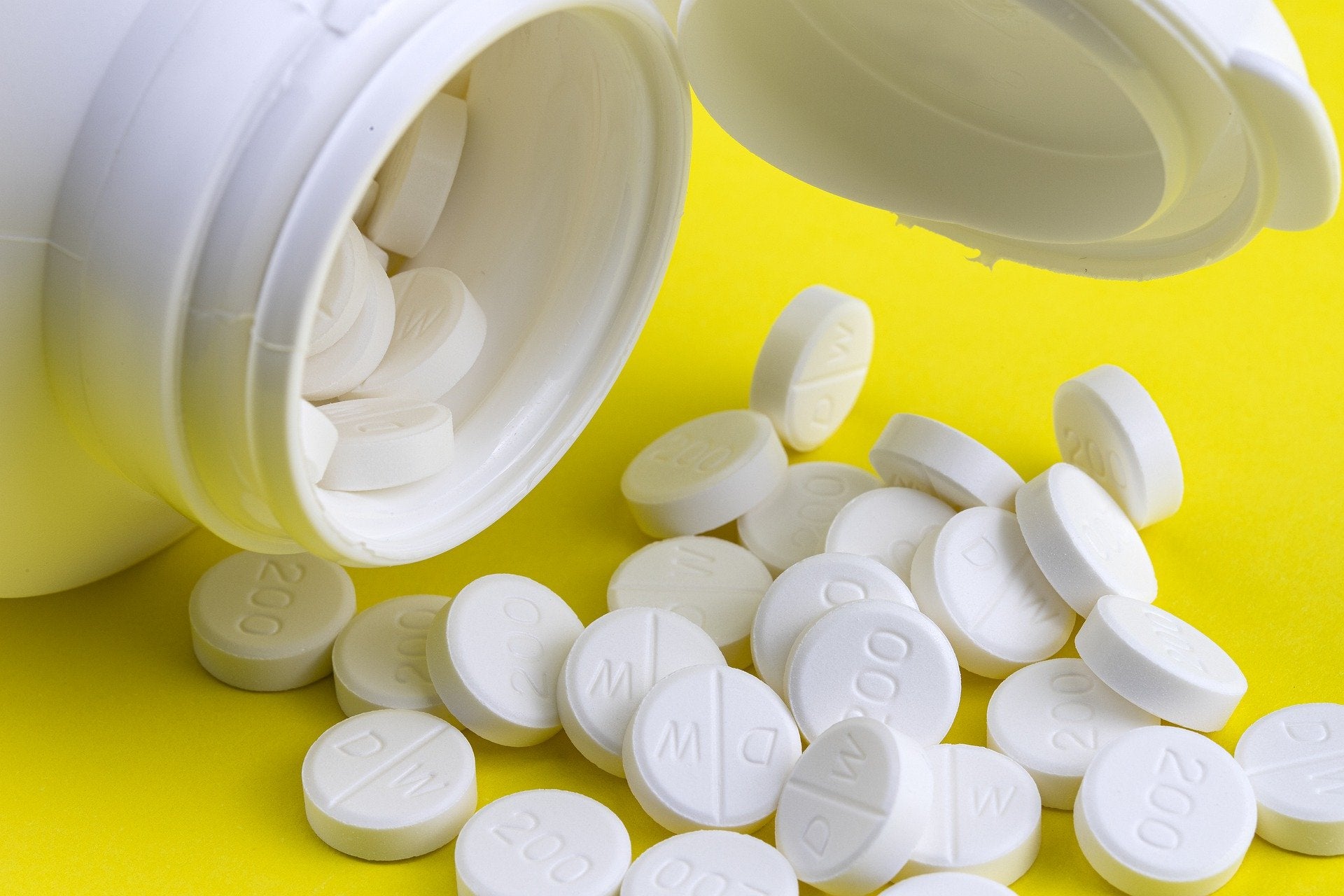
RedHill Biopharma has reported new data from the global Phase II/III clinical trial of oral drug opaganib (ABC294640) conducted in patients hospitalised with severe Covid-19 pneumonia.
The latest move follows the completion of enrolment of 475 people for the multi-centre, randomised, double-blind, parallel-arm, placebo-controlled global trail in June this year.

Discover B2B Marketing That Performs
Combine business intelligence and editorial excellence to reach engaged professionals across 36 leading media platforms.
Opaganib is designed to selectively inhibit sphingosine kinase-2 (SK2) and has anti-inflammatory and antiviral properties.
Subjects in the study were randomised at a 1:1 ratio and given either opaganib or placebo on top of the standard-of-care therapy they received.
The new data demonstrated a 62% statistically significant reduction in mortality for moderately severe Covid-19 patients group treated with opaganib versus the placebo-controlled arm.
It also demonstrated a statistically significant efficacy benefit of 21% using opaganib in reaching room air by Day 14, which forms the primary endpoint of the trial.

US Tariffs are shifting - will you react or anticipate?
Don’t let policy changes catch you off guard. Stay proactive with real-time data and expert analysis.
By GlobalDataRedHill stated that the clinical trial data has further shown a median of four days earlier hospital discharge for patients treated with the drug compared to those who received placebo.
This represented a cumulative saving of 524 days of hospitalisation across the patient group by Day 42.
RedHill medical director Mark Levitt said: “These new findings support the potential for opaganib’s use in hospitalised, moderately severe Covid-19 patients, a key group of patients that are at high risk of disease progression, morbidity and mortality, and who may benefit from opaganib’s combined antiviral and anti-inflammatory activities.
“The results provide a strong rationale for opaganib’s potential efficacy in hospitalized patients in need of oxygen supplementation up to 60% FiO2, a large proportion of hospitalised Covid-19 patients.
“The Phase II/III study results are also consistent with opaganib’s earlier US Phase II study results and the demonstrated potent antiviral inhibition of SARS-CoV-2 variants in human bronchial epithelial cells, providing further support for its potential in earlier stages of disease where viral load is higher.”





